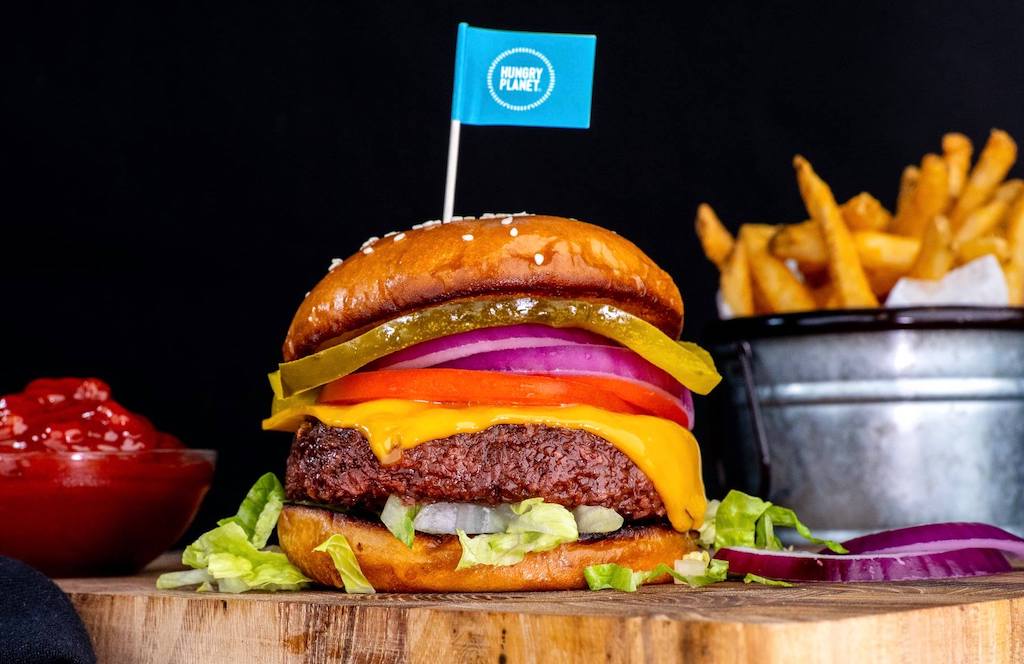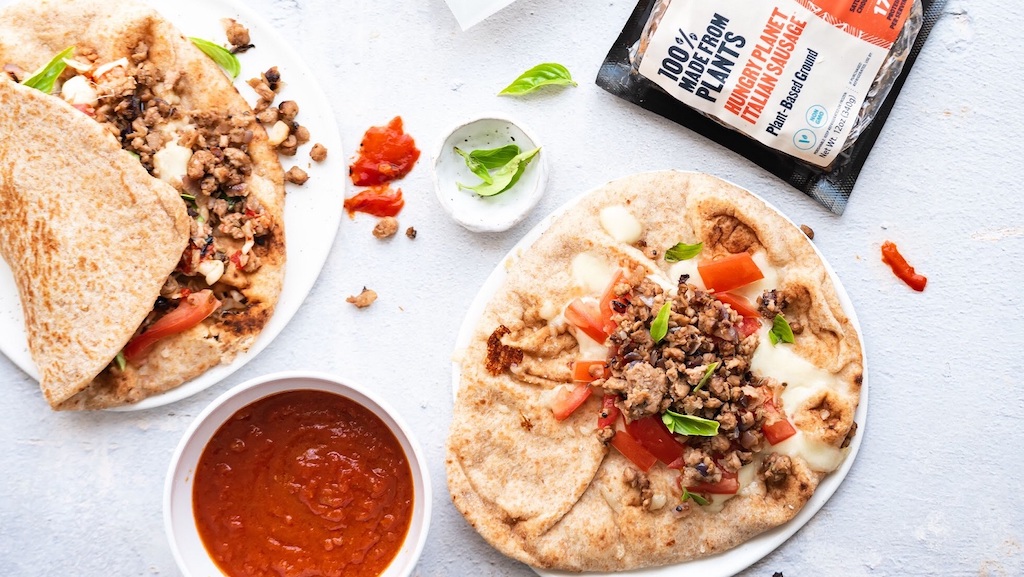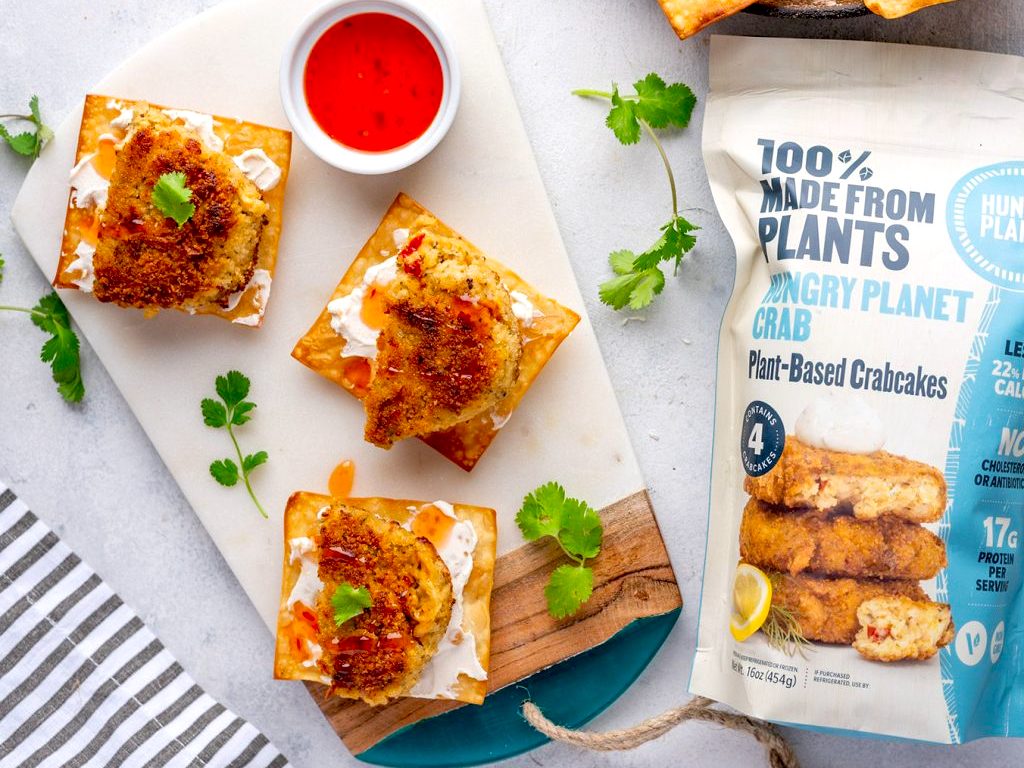3 Mins Read
Plant-based brand Hungry Planet has announced a partnership with CPG major Post Holdings, a move that indicates the strong demand for alternative proteins from mainstream shoppers. The partnership will see Hungry Planet “work closely” with the cereal giant to drastically expand distribution across the U.S. and reach “millions more consumers”.
St. Louis-based plant-based meat brand Hungry Planet will be teaming up with Post, the third-largest cereal company in the U.S. that owns the likes of Weetabix and Raisin Bran to expand its distribution footprint in the country. The new partnership with Hungry Planet will see Post help to “address the rapidly growing demand for alternative protein solutions across all meal occasions”.
Currently, Hungry Planet’s products, which range from vegan-friendly burgers and sausages to plant-based pork, crab and turkey analogues, are distributed throughout the U.S. via foodservice, restaurants, retail and e-commerce. Working with Post and its vast distribution network will help ramp up the brand’s retail and foodservice presence throughout 2021.

“Demand for plant-based meats is growing. We are excited to announce this partnership with Hungry Planet and to continue to offer more innovative product options to our customers,” said Mark Westphal, president of Post-owned foodservice player Michael Foods.
“This new partnership will accelerate delivery of our products to more points of distribution and help keep pace with demand and reach millions more consumers,” added Todd Boyman, CEO and co-founder of Hungry Planet.
Demand for plant-based meats is growing.
Mark Westphal, President, Michael Foods
As part of the collaboration, Post will also be making a financial investment in Hungry Planet to “support the company’s future growth”. The amount of funding is undisclosed.
The move by the CPG giant to invest in and partner with a plant-based startup comes amid the major uptick in demand for animal-free foods since the coronavirus crisis. Mainstream consumers, aware of the unsustainable nature and dangers of the meat supply chain and with a refocused concern on health and nutrition, have been turning to plant-based alternatives more than ever before.

During the first wave of the pandemic in the U.S., vegan meat sales surged a whopping 280%, and recent survey data shows that the majority of first-time buyers of plant-based meats plan on continuing doing so even after the crisis subsides.
This new partnership will accelerate delivery of our products to more points of distribution and help keep pace with demand and reach millions more consumers.
Todd Boyman, Co-Founder & CEO, Hungry Planet
Post’s doubling down on plant-based products comes after its partnership with Eat Just, the San Francisco food tech that pioneered the vegan liquid egg. In May 2020, the company’s foodservice arm Michael Foods signed an agreement to manufacture and distribute the mung bean-based JUST Egg to food ingredient businesses and restaurant customers in the U.S.
Other food industry behemoths have also begun ramping up their plant-based investments amid the widespread mainstreaming of vegan alternatives, from Danone’s move to expand their vegan cheese range as part of its goal to double plant-based sales to US$5.4 billion by 2025.
Nestlé and Unilever have also followed suit to set similar dedicated sales targets for the sector.
All images courtesy of Hungry Planet.




